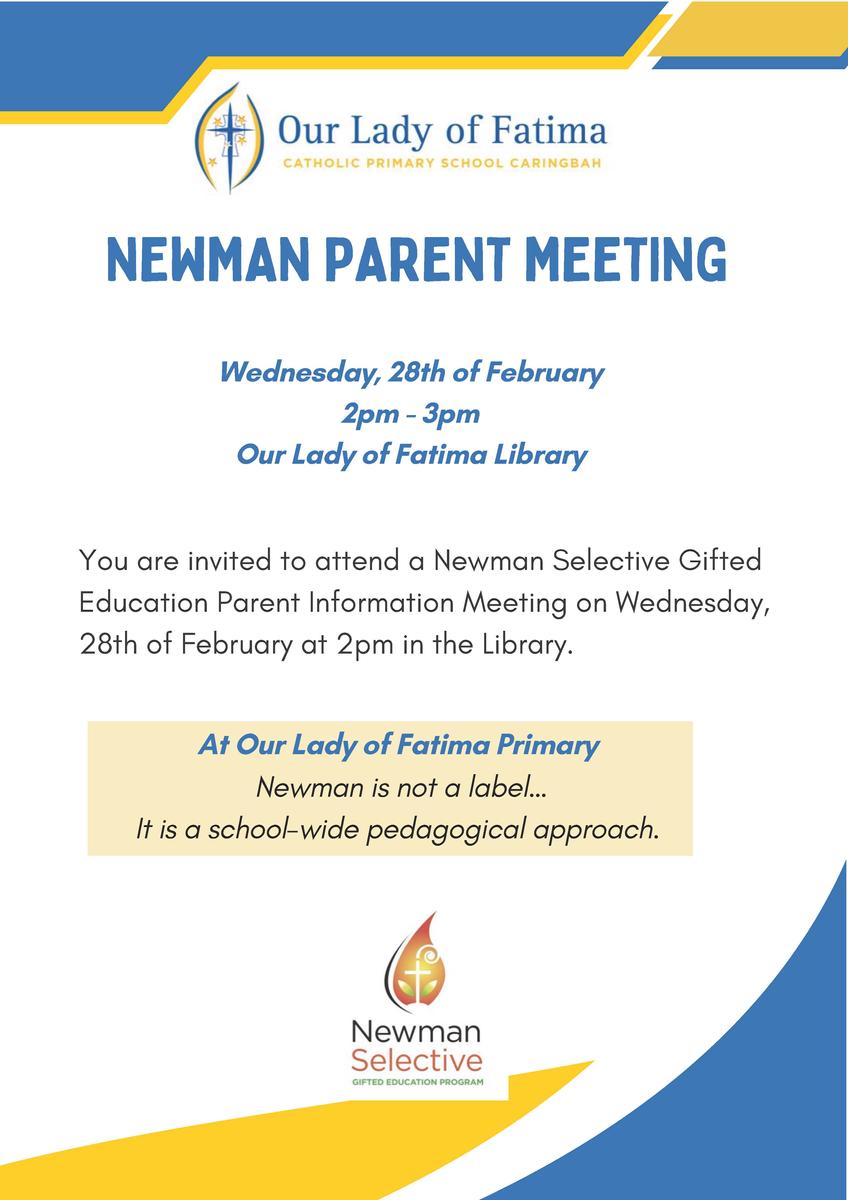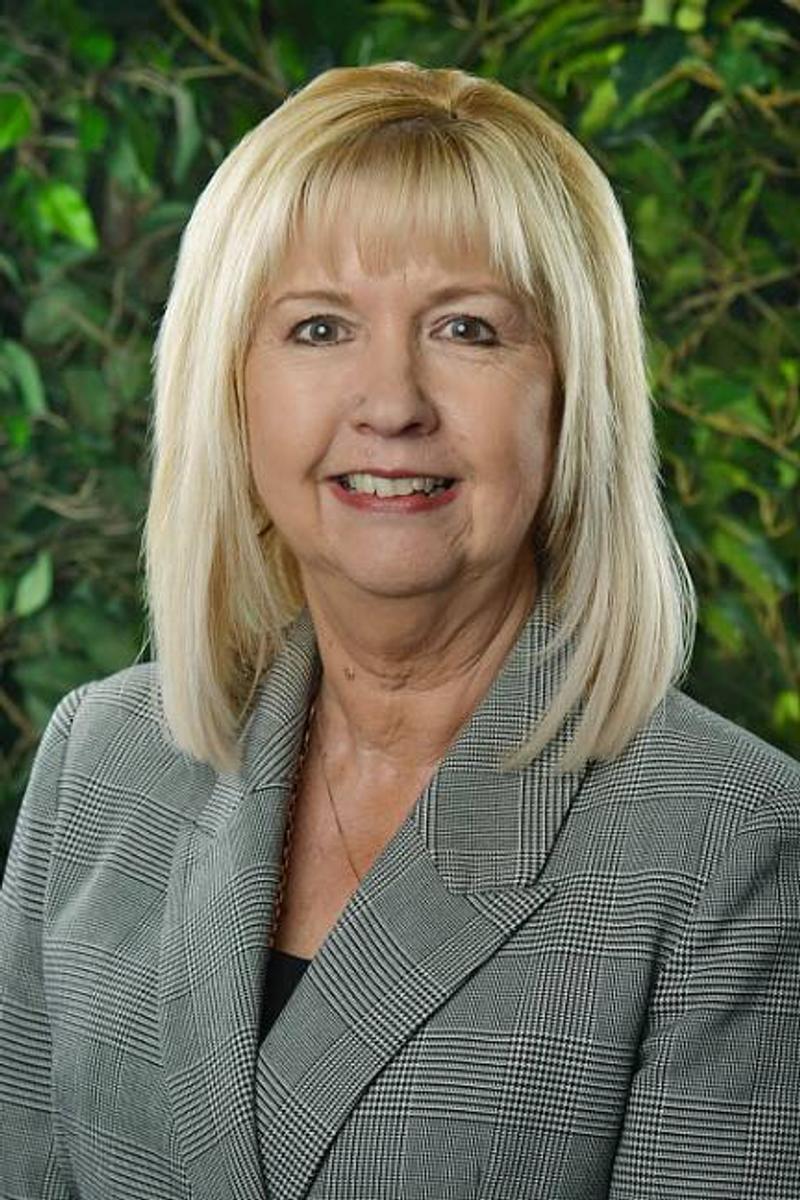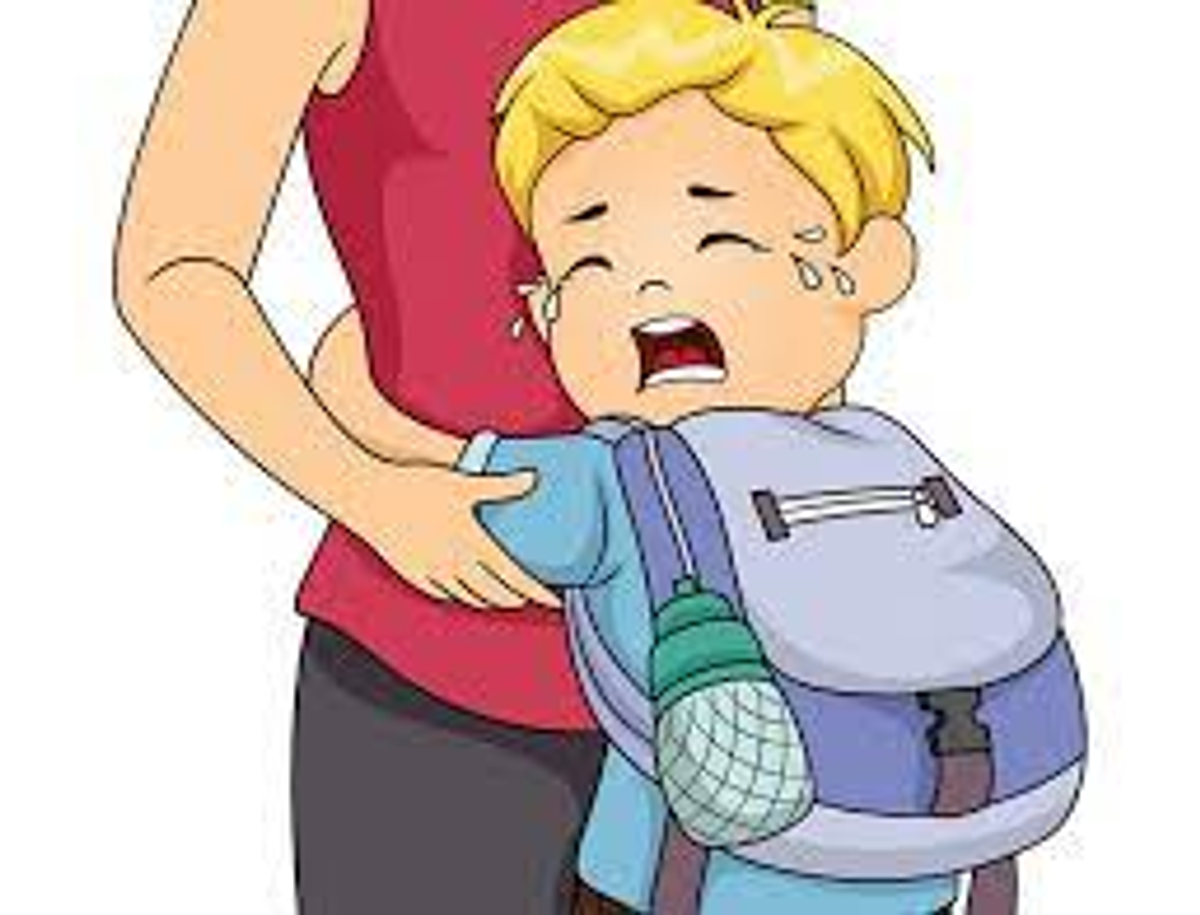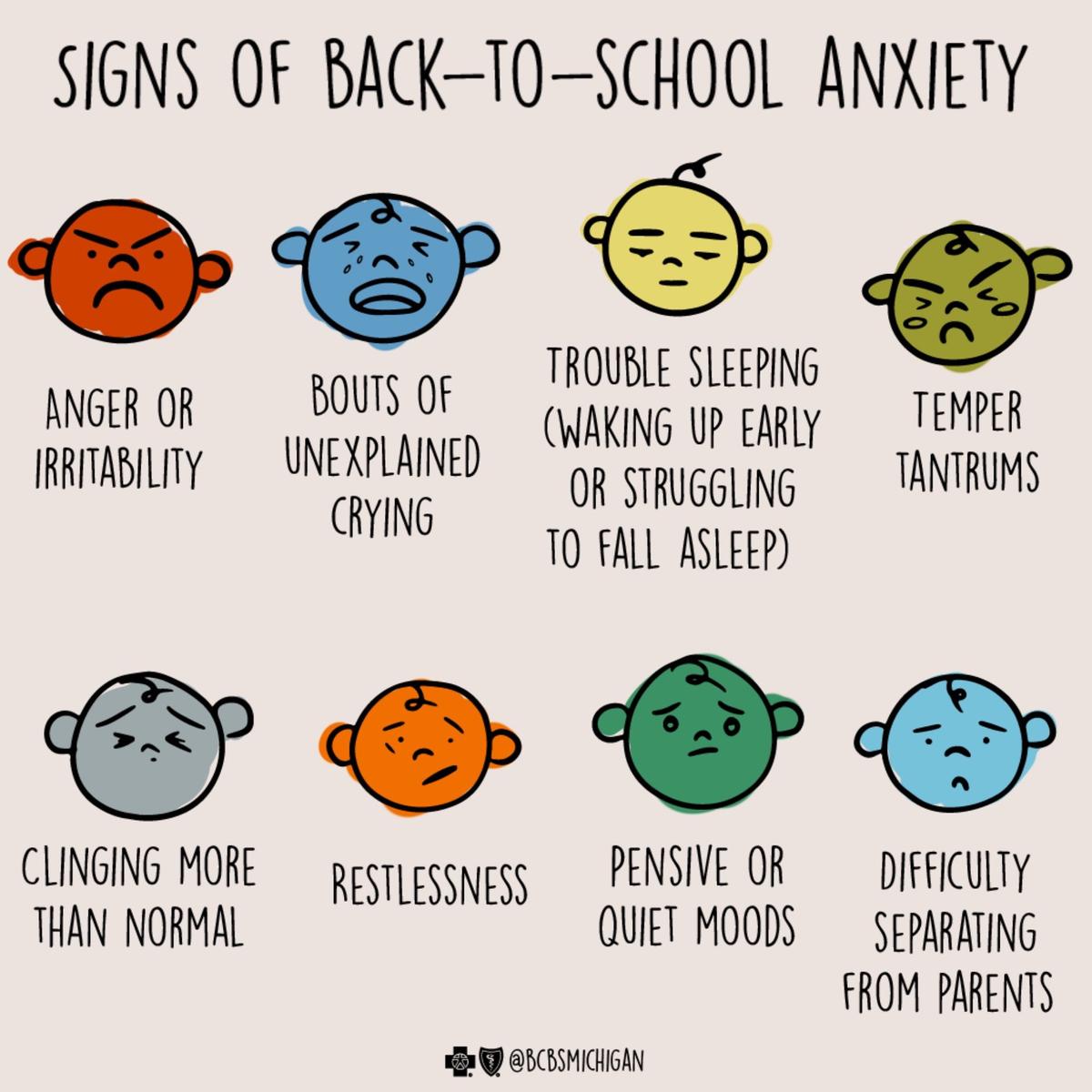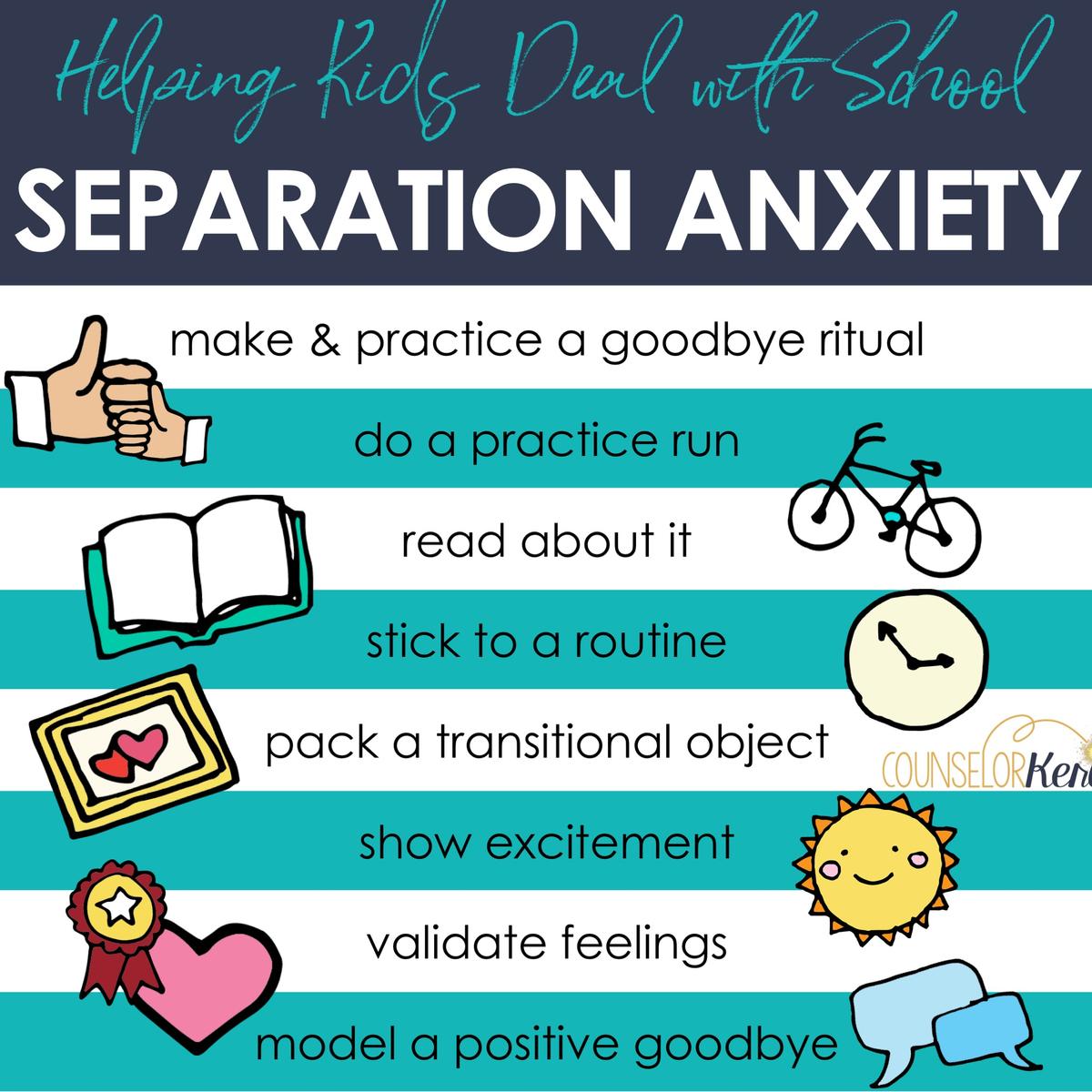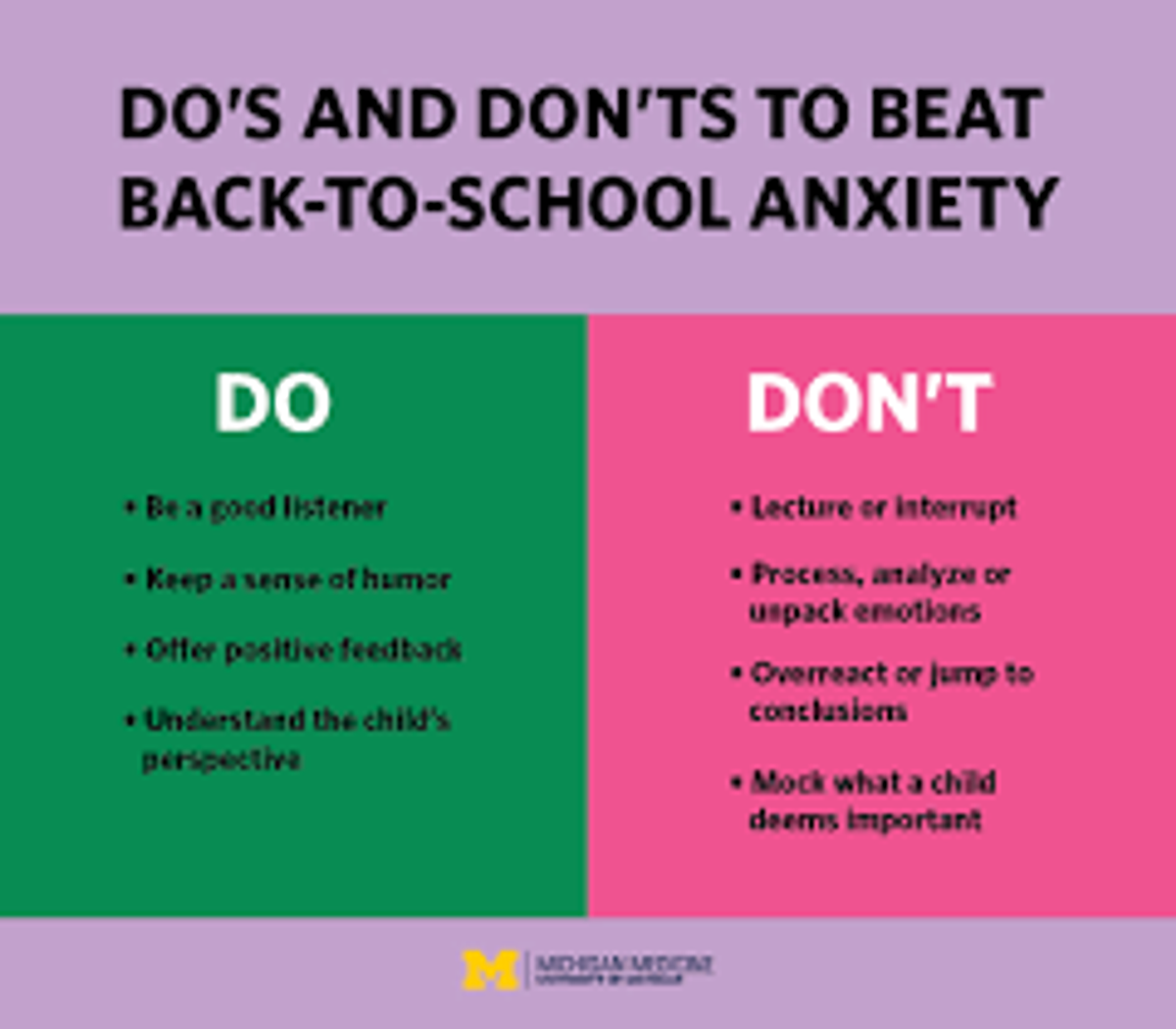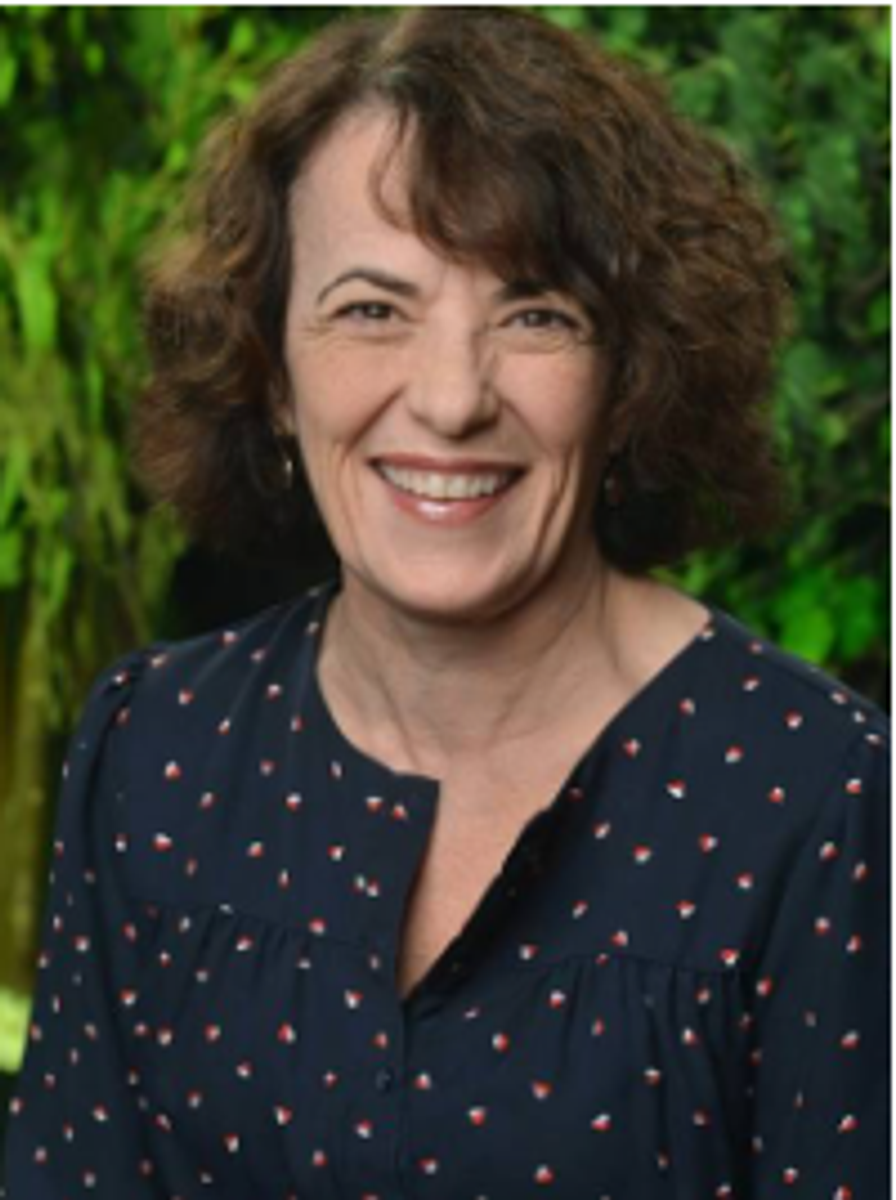Diverse Learning

OLF Newman Parent Information Meeting
Mind Quest 2024
On Saturday and Sunday 6th and 7th April the NSW Talent Enrichment Weekend ‘Mindquest’ will be held for primary students from Years 1-6 at St George Girls High School.
This fast-paced, academic program offers 35 exciting courses for High Potential and Gifted Students from years 1-6. It is designed to enrich and extend children’s learning through a broad range of experiences that are one or two years beyond students’ year level and the scope of the general curriculum. These highly successful, fun-filled weekends offer students the opportunity to meet other students of similar interests and abilities.
Closing date for applications is Friday 15th March 2024.
If you would like to register your child for this program please access the link below:
Newman Selective Gifted Education Program - for Year 7, 2026
Parents, please read the information related to the Newman Secondary Selective Gifted Education Program for students entering Year 7 in 2026.
How do I apply for a Secondary Newman Selective Gifted Education Program school?
All applications for enrolment to Sydney Catholic Schools are processed in accordance with the SCS Enrolment Policy. In order to apply for placement within a Newman Selective Gifted Education Program Secondary class/cluster, students must first be enrolled in the school.
Parents are encouraged to visit prospective feeder Secondary schools during Open Days or view school websites online for information relating to enrolment. If the Secondary school is a Newman Selective Gifted Education Program school, information about their program may also be available.
Who is able to be nominated for a placement in a Secondary Newman Selective class/cluster?
Once your child has been enrolled in a Secondary Newman Selective Gifted Education Program school, you will be informed of an opportunity to nominate your child to apply for a placement in the Newman Selective classes/clusters. This involves the submission of a Parent Nomination form and includes your child’s participation in the Newman Selective Higher Ability Assessment.
Please access the following link:
Ms Louise Gordon | Assistant Principal
Anxiety at School
How to Build Brave by Building Their Village.
Written By Karen Young
For our kids and teens, a school year will bring new adults into their orbit. With this, comes new opportunities to be brave and grow their courage – but it will also bring anxiety at school. For some kiddos, this anxiety will feel so big, but we can help them feel bigger.
If anxiety is a felt sense of threat, the antidote to this is a felt sense of safety.
This can be strengthened most powerfully through relationships. A felt sense of relational safety is critical in reducing anxiety at school and building brave behaviour in all children.
‘Relational safety’ in this sense means feeling welcome, seen validated, cared for, and valued. The questions to ask are:
- Do they feel seen, cared for, and valued by the adult in the room?
- Is that adult familiar, warm, welcoming?
- And because children are always looking to their primary important adults (parents/carers) for signs of safety: Do they (the young person) believe that we (their parent/carer) like and trust that adult?
There is a primal, instinctive reason for the importance of relational safety for all of us. We haven’t survived for as long as we have because we’re the smartest, the strongest or the most powerful. We’ve survived for as long as we have because we’ve worked together. We feel safest when we are ‘with’. This is how it is for all mammals, not just the human ones.
What’s important of course, is that the ones we are with feel safe to be with. For children, feeling safe with an adult might take time. This is no reflection on the adult. The adult beside them might be the safest, warmest, most loving adult, but that doesn’t mean a young person will feel safe straight away.
This is also instinctive. It isn’t safe for children to follow every adult that comes to them, so a felt sense of relational safety might take time, and that’s okay. As long as they are actually safe, we can help grow their felt sense of relational safety by nurturing their relationship with the important adults who will be caring for them, whether that’s a co-parent, a stepparent, a teacher, or a coach.
There are several ways we can do this:
- Use the name of their other adult (such as a teacher) regularly, and let it sound loving and playful in your voice. ‘Oh, I wonder what Miss Smith is having for breakfast today.’
- Let them see that you have an open, willing heart about the other adult. ‘I like Mr Jones. I’m excited for you to get to know him.’
- Show them you trust the other adult to care for them (‘I know Mrs Smith is going to take such good care of you.’)
- Facilitate familiarity. As much as you can, hand your child to the same person when you drop them off.
- You know how lovely it feels to hear someone speaking beautifully about you behind your back? It goes a long way to building trust in the person who said it. To facilitate this between your child and the teacher, ask your child’s teacher to share anything positive your child does. It might be weekly or fortnightly – whatever works. Then, share that information with your child, ‘Mrs Wilder told me that you worked hard in maths today. I loved that she noticed that about you.’ Then, share anything positive your child says about the teacher, with the teacher.
It’s about helping expand their village of loving adults. The wider this village, the bigger their world in which they can feel brave enough.
For centuries before us, it was the village that raised children. Parenting was never meant to be done by one or two adults on their own, yet our modern world means that this is how it is for so many of us.
We can bring the village back though – and we must – by helping our kiddos feel safe, known, and held by the adults around them. We need this for each other too.
https://www.heysigmund.com/anxiety-at-school-how-to-build-brave-by-building-their-village/
Ms Janelle Schembri | Diverse Learning Coordinator

